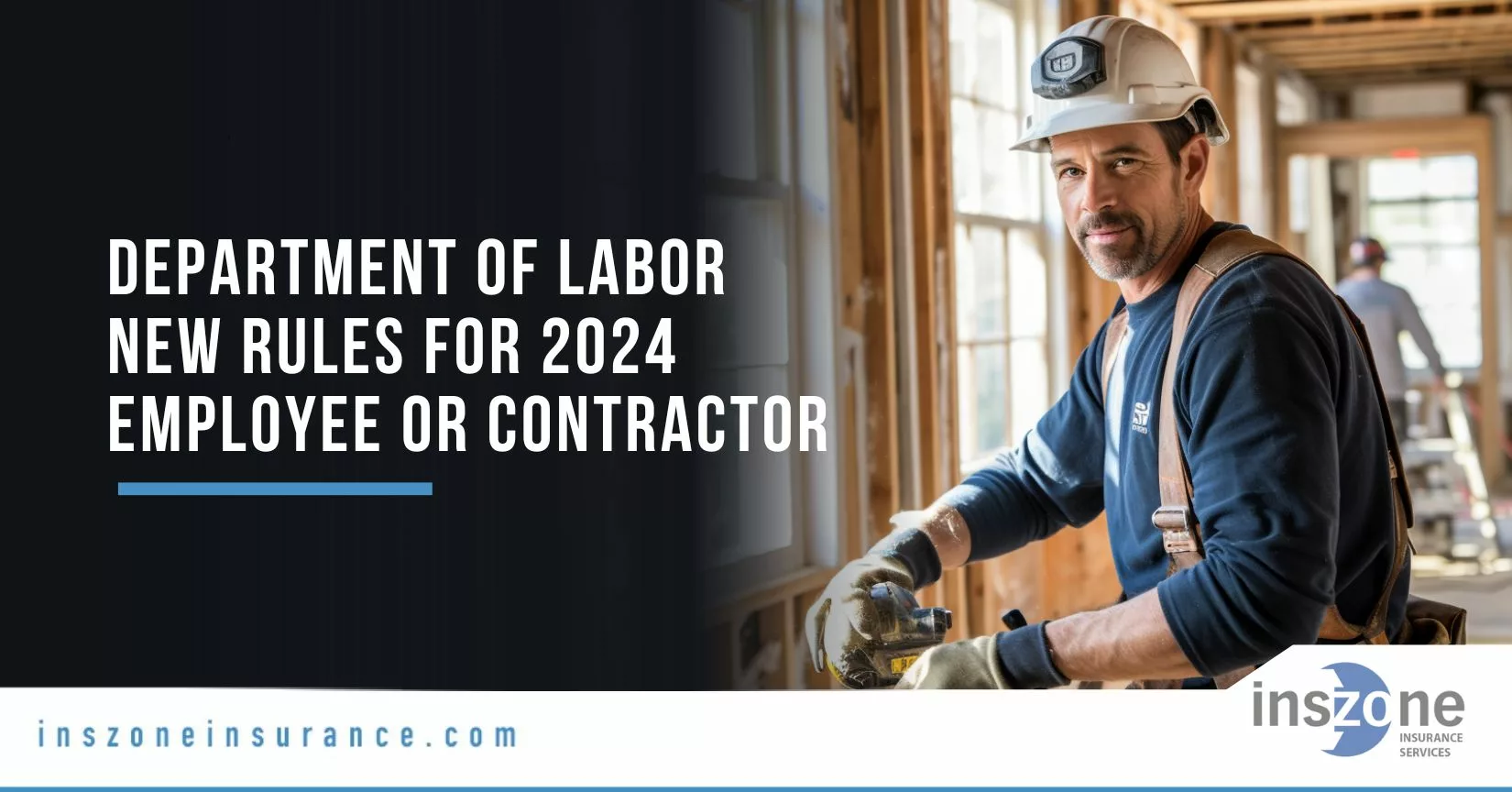The U.S. Department of Labor (DOL) recently released its much-awaited final decision that changes how to tell if a worker is an employee or a self-employed person under the Fair Labor Standards Act (FLSA). This new rule, announced on January 10, 2024, in the Federal Register, will start on March 11, 2024. It’s expected that there will be legal challenges against it.
This new rule cancels the previous rule made during the Trump Administration, offering a new way to use the “economic realities” test.
The DOL says this rule won’t harm self-employed people who truly run their own businesses. However, business groups are concerned that the new rule makes things more confusing and might lead to workers being wrongly called employees when they are actually self-employed. The DOL changing its approach so quickly, especially after a change in government, might make courts less likely to follow this new rule.
Kathleen Cahill, who advises employees from her firm in Towson, Maryland, says the rule change “should curtail the use of misclassification that deprives many workers of full and fair compensation, including overtime, health care benefits, workers’ compensation coverage, protection against discrimination and entitlement to social security.”
According to her, the rule will specifically benefit workers in lower-wage jobs. Cahill warns there might be a “period of pushback from businesses and litigation that could indefinitely delay and blunt the intended impact” of the rule change.
FLSA Classification Evolution: Past to Present
The FLSA ensures a minimum wage and overtime pay for eligible employees. Independent contractors, who provide services but aren’t employees, don’t get these protections. The FLSA doesn’t clearly define the difference between an employee and an independent contractor. Although the DOL has given some guidance over the years, it didn’t formally set rules until the Trump Administration.
Courts have developed standards to decide if someone is an employee or an independent contractor, focusing on the “economic reality” of the relationship. These standards are based on six factors from U.S. Supreme Court decisions in 1947:
- Chance to make a profit or loss based on managerial skills;
- Investments by the worker and the hiring company;
- How permanent the work relationship is;
- How much control there is;
- How important the work is to the company’s business;
- The worker’s skills and initiative.
These factors have been used for over 70 years, but not always consistently or with the same importance, leading to different conclusions in similar situations.

Rescinded 2021 Independent Contractor Rule
In January 2021, the DOL under Trump tried to simplify these factors by focusing mainly on two: the worker’s control over their work and their chance to make a profit or loss. This rule was seen as making it easier to classify workers as self-employed. But when the Biden Administration came in, they delayed and then withdrew this rule, arguing that it didn’t fit with how courts have usually applied these tests.
2024 DOL Criteria Update for Worker Status
The new rule from January 10, 2024, goes back to the six traditional factors, treating them equally and saying no single factor is most important. It looks at the whole situation to decide if a worker is an employee or self-employed. The new rule is mostly like the one proposed in October 2022, with some changes based on public feedback.
The six factors now are:
- Profit or loss based on managerial skill;
- Investments by the worker and the company.
- How permanent the work is.
- The amount of control.
- How important the work is to the company’s business.
- The worker’s skills and initiative.
The DOL didn’t adopt the “ABC” test, which is stricter and used in places like California.
Contractor status means the people in question would not receive protections related to overtime pay and minimum wages. The new rule has been anticipated by labor advocates but received pushback from gig economy employers such as Uber and Lyft.
“This rule does not materially change the law under which we operate, and won’t impact the classification of the over one million Americans who turn to Uber to make money flexibly,” Uber’s head of federal affairs, CR Wooters, said in a prepared statement.
“This new guidance creates additional complexities and ambiguities for companies and courts alike across the country,” Lyft said in a blog post.

Impact Forecast of 2024 DOL Rule
The DOL aims to make sure workers who should be protected under the FLSA are correctly classified as employees. But it’s not clear how much effect this new rule will have. Most federal courts already have their own tests for independent contractor status. Plus, the Supreme Court might soon change how much courts have to follow federal agency rules like this. Business groups and some politicians have already said they’ll oppose this rule.
Finally, this rule only applies to the FLSA. It doesn’t affect other federal laws or state laws about wages and working hours, or other legal issues like employment discrimination.





